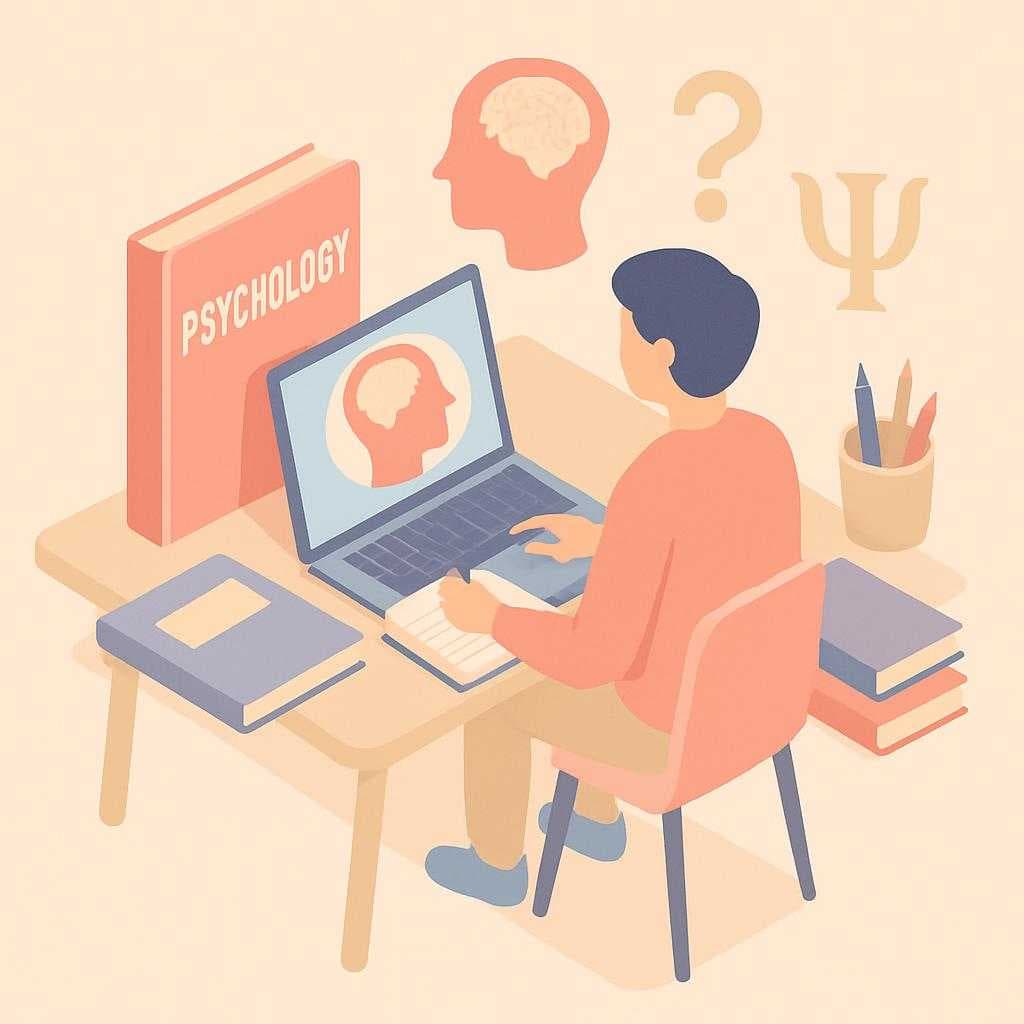Unlocking A-Level Psychology Success: Strategies for Understanding and Applying Critical Theories
Navigating the fascinating world of A-Level Psychology can be a rewarding journey for students across the UK. However, understanding and effectively applying critical theories remains a key challenge. With exam boards like AQA, Edexcel, and OCR each having unique specifications, students need focused strategies to excel. In this blog post, we'll explore how to master these theories and leverage them for exam success.
Why Understanding Theories is Crucial
Theories form the backbone of A-Level Psychology, providing the framework for understanding human behavior. Whether you're dealing with cognitive, behavioral, or psychodynamic perspectives, grasping the core concepts and their applications is essential. This understanding not only helps in answering exam questions but also in developing a comprehensive view of psychology.
Tailored Strategies for Different Exam Boards
Each exam board has its own emphasis, which means your approach should be tailored accordingly:
-
AQA Students: Focus on detailed evaluation and critical analysis. AQA often tests your ability to critique theories, so practice forming balanced arguments. Utilize past papers to identify patterns in question types and themes.
-
Edexcel Students: Be prepared to apply theories to everyday scenarios. Edexcel exams are known for their emphasis on real-world applications, so practice applying theoretical knowledge to case studies. Understanding these applications will help in crafting comprehensive answers.
-
OCR Students: Develop a strong understanding of research methods linked to theories. OCR frequently includes questions that require linking research studies to theoretical frameworks, so make sure you can articulate these connections effectively.
Mastering Key Theories
-
Behaviorist Approach: Learn the mechanisms of conditioning and reinforcement. Consider how these principles are applied in real-world settings, such as education and therapy.
-
Cognitive Approach: Focus on models of memory and perception. Practice applying these models to explain phenomena like eyewitness testimony—an area often examined in A-Level assessments.
-
Psychodynamic Approach: Dive into Freud’s theories and their modern interpretations. Understanding defense mechanisms and their critiques can provide a solid foundation for essay questions.
Practice Makes Perfect
Consistent practice with past exam papers will help solidify your understanding of these theories. Identify recurring themes and questions, and practice writing concise, well-structured answers. Engage in group discussions to enhance your understanding and gain new perspectives.
Conclusion
Mastering A-Level Psychology involves more than memorizing facts; it's about understanding and applying critical theories effectively. By tailoring your study strategy to your exam board and focusing on core theories, you can unlock your potential and achieve exam success. Remember, a deep understanding of these theories not only prepares you for exams but also enriches your appreciation of psychology as a whole.
